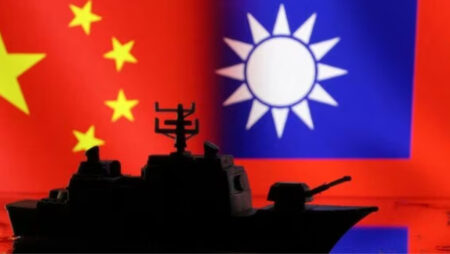When it comes to international politics in India, the complicated relations between Turkey and Russia are hardly discussed. That is changing, mainly because of Turkey’s geographic location, due to Russia’s invasion of Ukraine and the rapid developments in Europe.
The Bosphorus and Dardanelles straits, which are under Turkish authority and serve as a vital link between the Black Sea and the Mediterranean Sea, are currently in the spotlight. Turkey has boundaries on both sides of the Bosphorus and Dardanelles straits, giving it near-total control over international access to the Black Sea.
Turkey has now proclaimed its intention to adopt the Montreux Convention Concerning the Straits Regime, an international convention on naval navigation that governs marine commerce through the Black Sea that must pass through these two strategically important straits.
The goal of Turkey’s implementation of this treaty is to restrict Russian warship movement between the Mediterranean Sea and the Black Sea.
Modern maritime shipping in the Black Sea and the Turkish Straits transport various goods worldwide. The energy products of Russia, the South Caucasus, and Turkey are perhaps the most notable. Oil and natural gas are piped in from the Caspian Sea and then transported across the Black Sea by ships and pipelines.
Being a significant worldwide maritime commercial route, this route is closely related to Russia’s naval power. Turkey and Russia are on opposing sides of several important foreign policy debates resulting from their complicated histories and broader geopolitical objectives.
In many ways, Turkey has found itself sandwiched between Russia and Ukraine, with which it shares not just social connections but also necessary the Black Sea maritime borders.
READ MORE: Delhi’s First Monkeypox case: Man with no foreign travel history













